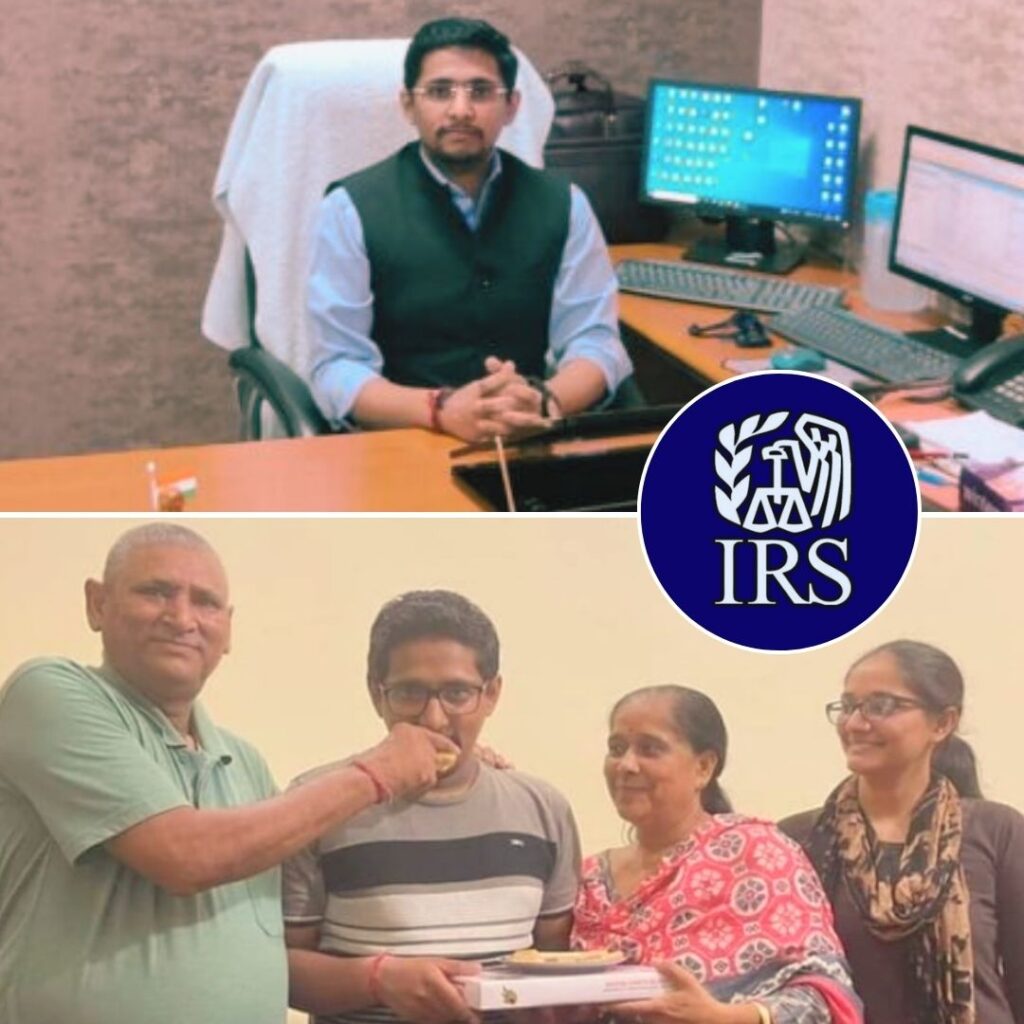In a move to counter the rising incidence of fake news and offensive posts, Varanasi district magistrate (DM) Yogeshwar Ram Mishra and SP Nitin Tiwari issued a joint order stating that an FIR (first investigation report) can be filed against a social media group’s administrator (admin) if factually incorrect information, rumours, morphed images or misleading information is circulated on her/his social media group.
The joint order stated, “There are several groups on social media which are named on newsgroups and also groups with other names which are propagating news and information which is not authentic. These are being forwarded without cross-checking.”
According to the DM and SP, the responsibility for misinformation spread through a group on, say, WhatsApp, should be borne by the admin of that group.
The new regulations If any statement is made by a group member which is fake, can cause religious disharmony, or rumour, the group admin must deny it on the group and remove the member from the group. In the event of inaction from the group admin, he or she will be considered guilty and action will be taken against the group admin. Such a post must also be reported to the nearest police station so that action can be taken against the member under the law. Orders of the Supreme Court and various High Courts will be considered while initiating action. “While freedom of expression on social media is important, it also comes with a responsibility,” the order said.
In the event of violation of any of the above guidelines, a case under the Information Technology (IT) Act will be filed.
The move comes in light of the instances of violence that sparked due to misinformation spread of social media. These are a few examples:
How Rumours On Whatsapp Destroyed The Reputation Of The Famous Hyderabadi Hotel 22-Year-Old Jharkhand Man Arrested For WhatsApp Message On Beef, Dies After Being Tortured In Custody “Fake News” Shared On Social Media Affects The Whole World; This Crisis Needs To Be Addressed Urgently
However, it is unclear how the Varanasi police will enforce these new rules, given the lack of personnel and the fact that in order to identify incorrect information on social media they will have to police private and secret groups on Facebook and WhatsApp.
The new regulations, obviously, do not apply for the entire country, only under the jurisdiction of the Varanasi police.
Additionally, the constitutionality of the new regulations will be contested fiercely as a case can easily be made that they are in violation of the right to free speech and privacy.
The Logical Indian take
First and foremost, the IT Act is one of the most draconian legislations prevalent in India today. Notified on 17 October 2000, it is the primary law in India dealing with cybercrime and electronic commerce.
Section 66A of the IT Act. cis-india
Certain provisions of the Act, especially Section 66A, are highly contentious. From its establishment as an amendment to the original act in 2008, Section 66A attracted controversy over its unconstitutional nature. According to National Crime Records Bureau’s (NCRB) Crime in India report, 3137 arrests were made in 2015 while 2423 arrests were made the previous year. On an average, four people were arrested every 12 hours in 2015 as compared to three in 2014 for violating Section 66A of the IT Act.
And this happens despite it being struck down in March 2015, when the Supreme Court had ruled that Section 66A violated freedom of speech and expression which were guaranteed by the Constitution.
The excesses of the IT Act. Hindustan Times
The loose language of Section 66A and the legislation that serves as the enabler for the Varanasi police’s new laws are antithetical to democracy in India.
Furthermore, when the Varanasi police say that the orders of the Supreme Court and various High Courts will be considered while initiating action, they would do well to revisit a December 2016 judgement by the Delhi High Court where the Court said the administrators of WhatsApp and other social networking services cannot be held guilty of defamation if the members of the group post libellous and obscene messages.
Fake news and morphed images are dangerous; they propagate lies and are aimed to defame. We must find a way to combat their spread. However, policing social media groups is not the way to go.
Lies are shared on social media every day. Very often, it is difficult to trace the source of this misinformation. It is possible to ensure the prevalence of truth and the sidelining of defamation within the ambit of free speech and free expression. The government has to come up with something which doesn’t hamper rights of citizens at the same time ensures that malicious & wrong information are not spread.











